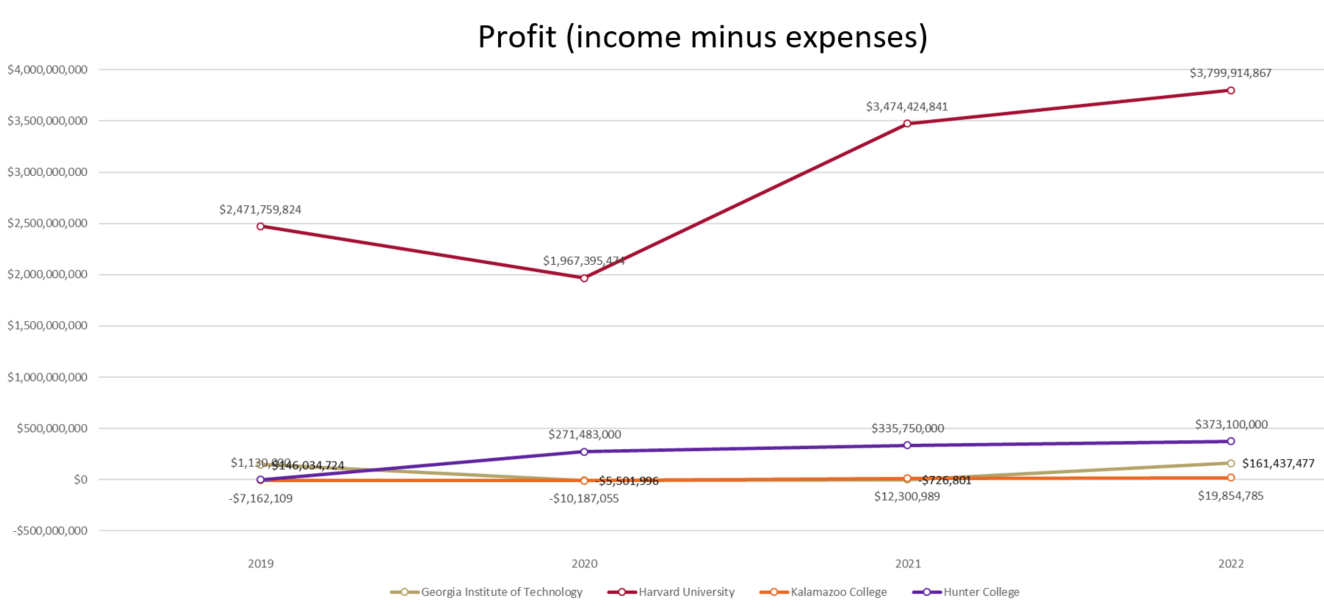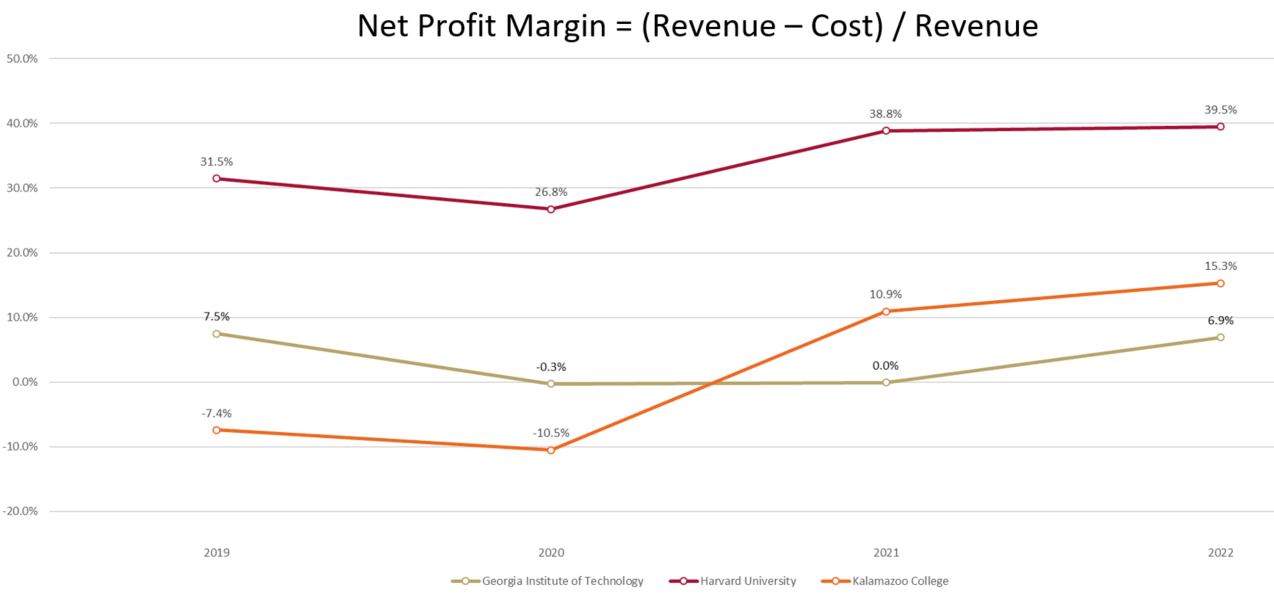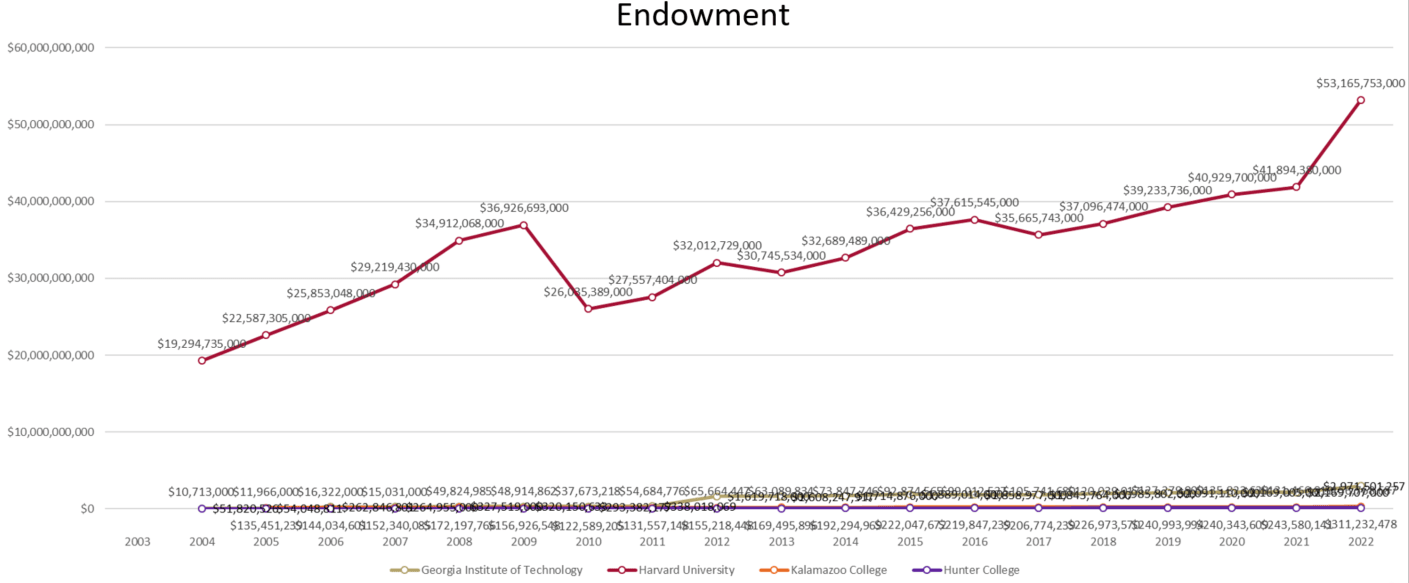All posts
Friday, 16 May 2025Fri, 16 May 2025
Friday, 16 May 2025
Fri, 16 May 2025
Frontpage Posts
Quick takes
I've now spoken to ~1,400 people as an advisor with 80,000 Hours, and if there's a quick thing I think is worth more people doing, it's doing a short reflection exercise about one's current situation.
Below are some (cluster of) questions I often ask in an advising call to facilitate this. I'm often surprised by how much purchase one can get simply from this -- noticing one's own motivations, weighing one's personal needs against a yearning for impact, identifying blind spots in current plans that could be triaged and easily addressed, etc.
A long list of semi-useful questions I often ask in an advising call
1. Your context:
1. What’s your current job like? (or like, for the roles you’ve had in the last few years…)
1. The role
2. The tasks and activities
3. Does it involve management?
4. What skills do you use? Which ones are you learning?
5. Is there something in your current job that you want to change, that you don’t like?
2. Default plan and tactics
1. What is your default plan?
2. How soon are you planning to move? How urgently do you need to get a job?
3. Have you been applying? Getting interviews, offers? Which roles? Why those roles?
4. Have you been networking? How? What is your current network?
5. Have you been doing any learning, upskilling? How have you been finding it?
6. How much time can you find to do things to make a job change? Have you considered e.g. a sabbatical or going down to a 3/4-day week?
7. What are you feeling blocked/bottlenecked by?
3. What are your preferences and/or constraints?
1. Money
2. Location
3. What kinds of tasks/skills would you want to use? (writing, speaking, project management, coding, math, your existing skills, etc.)
4. What skills do you want to develop?
5. Are you interested in leadership, management, or individual contribution?
6. Do you want to shoot for impact? H
As a community builder, I've started donating directly to my local EA group—and I encourage you to consider doing the same.
Managing budgets and navigating inflexible grant applications consume valuable time and energy that could otherwise be spent directly fostering impactful community engagement. As someone deeply involved, I possess unique insights into what our group specifically needs, how to effectively meet those needs, and what actions are most conducive to achieving genuine impact.
Of course, seeking funding from organizations like OpenPhil remains highly valuable—they've dedicated extensive thought to effective community building. Yet, don't underestimate the power and efficiency of utilizing your intimate knowledge of your group's immediate requirements.
Your direct donations can streamline processes, empower quick responses to pressing needs, and ultimately enhance the impact of your local EA community.
I know that folks in EA often favor donating to more effective things rather than less effective things. With that in mind, I have mixed feelings knowing that many Harvard faculty are donating 10%, and that they are donating to the best funded and most prestigious university in the world.
On the one hand, it is really nice to know that they are willing to put their money where their mouth is when their institution is under attack. I get some warm fuzzy feelings from the idea of defending an education institution against political attacks. On the other hand, Harvard University's endowment is already very large, and Harvard earns a lot of money each year. It is like a very tailored version of a giving pledge: giving to Harvard, giving for one year. Will such a relatively small amount given toward such a relatively large institution do much good? I do wonder what the impact would be if these fairly well-known and well-respected academics announced they were donating 10% to clean water, or to deworming, or to reducing animal suffering. I wonder how much their donations will do for Harvard.
I'll include a few graphs to illustrate Harvard's financial strength.
I have $20 in unused RunPod.io credit (cloud GPU service) that I’m not using and can’t refund. 😢 I’d love to donate it to someone working on any useful — whether it's for running models, processing data, or prototyping.
Feel free to message me if you want it.
https://economics.mit.edu/news/assuring-accurate-research-record
A really important paper on how AI speeds up R&D discovery was withdrawn and the PhD student who wrote it is no longer at MIT.




I've now spoken to ~1,400 people as an advisor with 80,000 Hours, and if there's a quick thing I think is worth more people doing, it's doing a short reflection exercise about one's current situation.
Below are some (cluster of) questions I often ask in an advising call to facilitate this. I'm often surprised by how much purchase one can get simply from this -- noticing one's own motivations, weighing one's personal needs against a yearning for impact, identifying blind spots in current plans that could be triaged and easily addressed, etc.
A long list of semi-useful questions I often ask in an advising call
If possible, I'd recommend trying to answer these questions out loud with another person listening (just like in an advising call!); they might be able to notice confusions, tensions, and places worth exploring further. Some follow up prompts that might be applicable to many of the questions above:
Good luck!